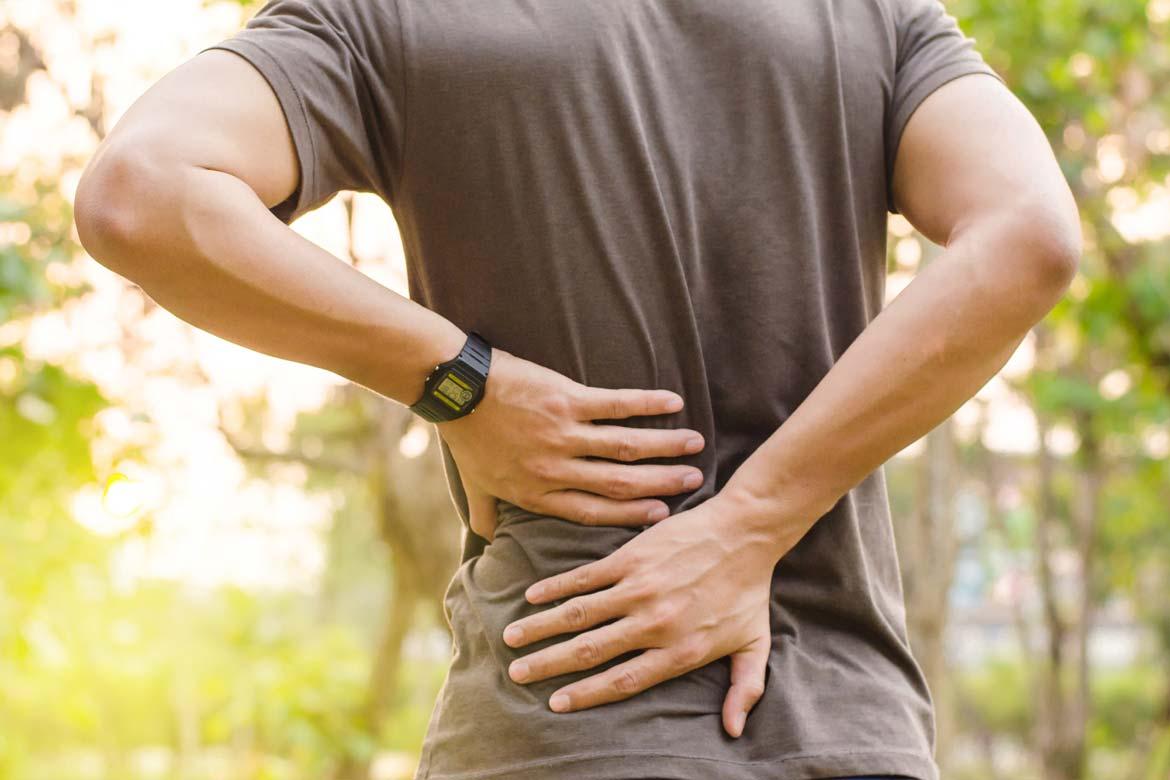
Lumbar Pain
How is lumbar pain diagnosed?
Lower back pain is usually diagnosed following a physical examination and one or more diagnostic tests.
During the physical examination, your doctor will examine your back and assess your ability to sit, stand, walk and lift your legs. This will help to determine the impact of lower back pain on normal activities, and indicate where the origin of the pain is.
Diagnostic procedures for lower back pain include:
- X-rays, which can reveal problems with bone alignment, arthritis or broken bones that may be causing your lower back pain.
- Imaging scans, such as magnetic resonance imaging (MRI) or computed tomography (CT) scans check for herniated discs or problems with bones, muscles, tissue, tendons, nerves, ligaments and blood vessels.
- Laboratory tests such as blood tests may be recommended to check for infection or other conditions that might be causing your back pain.
- Bone scans allow doctors to look for bone tumours or compression fractures caused by osteoporosis.
- Nerve studies can confirm if nerve compression is caused by herniated discs or narrowing of your spinal canal (spinal stenosis).
How is lumbar pain treated?
In some cases, lower back pain can improve with rest, without need for treatment. Under these circumstances, it is best to remain active and resume normal daily activities.
Non-surgical procedures
If the pain does not improve, you may need:
- Back brace, usually for 2 – 4 days, to support a problematic disc
- Bed rest, usually for no more than 2 days, to rest the sore discs and nerves
- Medication to help with sleep and to control pain, swelling and muscle spasms (cramps)
- Physiotherapy to relieve pain, improve back movement and maintain a healthy posture
- Spinal injection to relieve pain
Surgical procedures
Surgery may be advised if your lower back pain is severe and does not improve.
Types of surgery for lower back pain include:
- Laminectomy to relieve pressure on the spinal nerves
- Discectomy to remove a portion of the disc that is pressing on the nerve root
- Spinal fusion
If you experience frequent or persistent lower back pain, make an appointment for a diagnosis and appropriate treatment.
This coverage checker is brought to you by Health Insured, an online resource that helps you understand your health coverage in Singapore.
This page has been reviewed by our medical content reviewers.
Need help?
For enquiries, please call
+65 6250 0000 (Orchard) or +65 6898 6898 (Novena)
For appointment bookings, please WhatsApp
+65 8111 7777 (Orchard) or +65 8111 5777 (Novena)
 Brain & Spine Care
Brain & Spine Care



